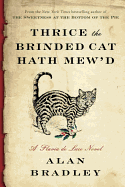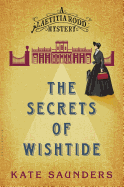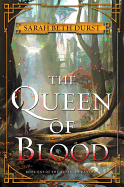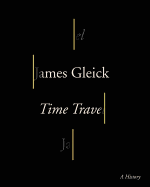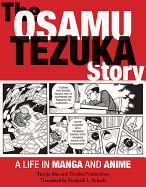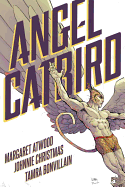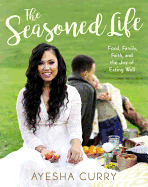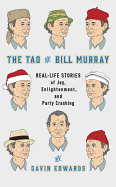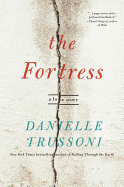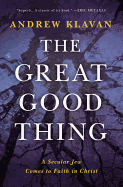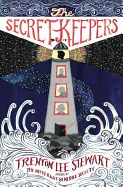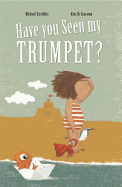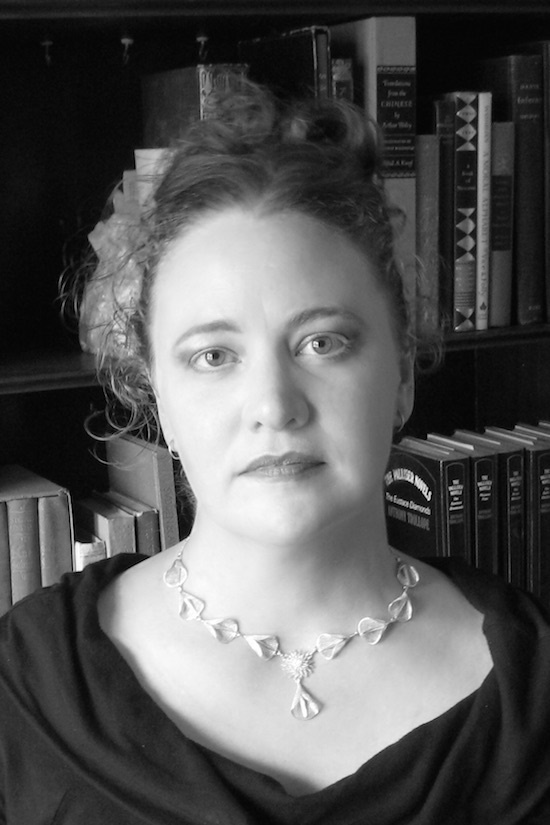 |
| photo: Jennifer Stewart Newlin |
Bryn Greenwood is a fourth-generation Kansan and the daughter of a mostly reformed drug dealer. She earned an M.A. in Creative Writing and works in academia as an administrator. Her stories and essays have appeared in the New York Times, the Battered Suitcase, Karamu and the Chiron Review. Her debut novel, All the Ugly and Wonderful Things, was just published by Thomas Dunne Books/St. Martin's Press. She is married to an extensive home remodeling project, and is raising a small herd of boxers and hairless cats.
On your nightstand now:
I always read in pairs. One fiction, one nonfiction, usually on completely different topics. My fiction bedtime book is Erika Swyler's The Book of Speculation, which is doing a thing that I love: switching narrative threads while moving backward and forward in time. My nonfiction book is A Murder over a Girl by Ken Corbett. I can read it only in small doses, because it's absolutely heartbreaking.
Favorite book when you were a child:
Ursula LeGuin's The Tombs of Atuan, in no small part because it sent a clear message to me that women were capable of wielding power and making life and death decisions. There's this undertone of menace that runs through the whole book, from Tenar's symbolic sacrifice as a child to the moment where she issues the order to have two prisoners executed, and yet she rises above that. She doesn't merely abandon her home to travel to a foreign land with a stranger. She destroys everything she knows to bring salvation to Earthsea. If not for her brave leap of faith, the sorcerer Ged wouldn't have lived to see the third book in his own trilogy.
Your top five authors:
Anthony Trollope goes at the top for the sheer fact that there are so many of his books to enjoy. From there I feel like a small child tasked with choosing her five favorite stuffed animals. Ursula LeGuin will inevitably appear repeatedly any time I'm invited to talk about books, as will Margaret Atwood. Her entire oeuvre has shaped me, not just as a reader and a writer, but as a human. To round out the top five, I'm going with Toni Morrison and Mary Renault.
Book you've faked reading:
Gravity's Rainbow. With apologies to Thomas Pynchon, I just couldn't get into it. I actually faked having read it on a graduate level exam, which I managed by regurgitating the dimly remembered drunken conversations of my fellow graduate students who had read it.
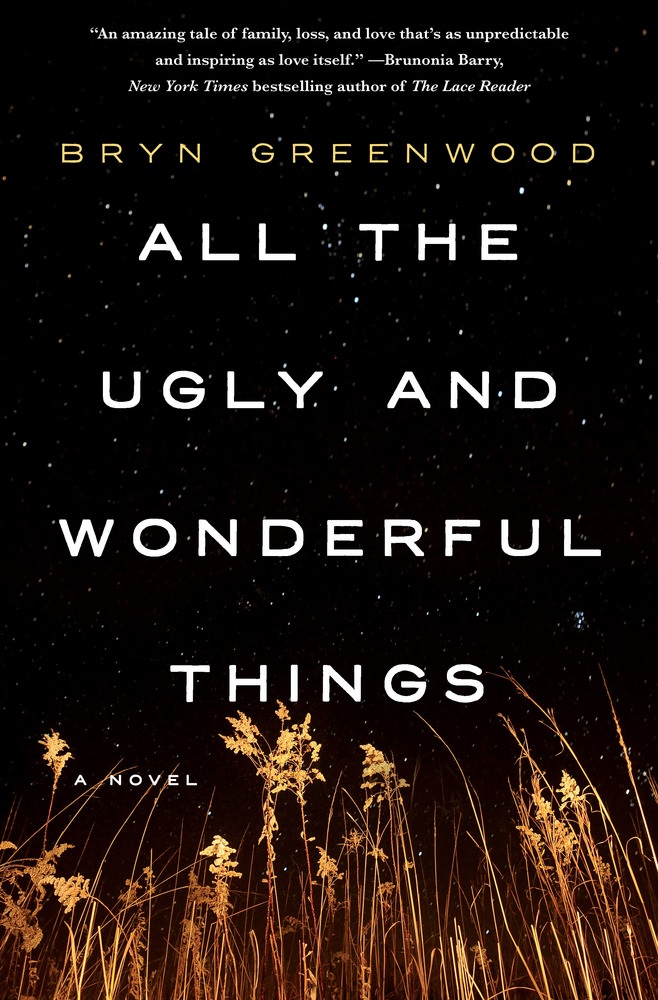 Book you're an evangelist for:
Book you're an evangelist for:
The Princess Bride. The movie is pretty universally loved in the U.S., but I meet a lot of people who have never read William Goldman's book. It's a masterpiece, and so cunningly crafted that even in the Internet age, people will walk into libraries and bookstores in search of more S. Morgenstern books. Additionally, Goldman's characters are so layered (and his prose so diabolically funny) that watching the movie with the book under your belt is even more enjoyable.
Book you've bought for the cover:
Alan Moore's Watchmen. I remember walking into the old Forbidden Planet in London, where I was thrilled to be a nanny for one of my professors. I actually had the kid in a buggy, pushing him down the narrow aisle, when I was stopped in my tracks by the bright yellow smiley face with the splotch of blood. I picked the book up and even before I'd opened it, I thought, Yes, I'm getting this. Happily, the cover did not disappoint.
Book you hid from your parents:
There were several books that I hid from my mother when I read them. I sneaked out of my bedroom at night to borrow Austen's Pride and Prejudice, reading a few chapters each night and then returning it to the shelf. Later I did the same with Nabokov's Lolita. Pride and Prejudice was forbidden to me because it was a very nice, hardcover edition of my mother's favorite book, and I was a bookish but grubby eight-year-old. Lolita was on the same high bookshelf with the fancy, grownup books, and that was precisely why I decided to read it. My mother, it turns out, has never read Lolita, but shelved it with the forbidden books, because she'd heard it was "nasty." Additionally, as teenagers, my sisters and I secreted copies of various V.C. Andrews books under our beds, on the presumption that if Mom knew what was in them, they would have been forbidden.
Book that changed your life:
So many books have changed my life, but I'm going to go with the one that I'm most keenly aware of having altered my worldview: Ralph Ellison's Invisible Man. I grew up in a very small town in Kansas that was overwhelmingly white. By the time I went to college, I had spent time with exactly one black person: my wonderful eighth grade English teacher, Mrs. Aletha Moon. I read Invisible Man on her recommendation, and it opened my eyes wide to the nature of systemic racism in America. I left that book more radically changed than any other book.
Favorite line from a book:
"They were his last words, because Maurice had disappeared thereabouts, leaving no trace of his presence except a little pile of the petals of the evening primrose, which mourned from the ground like an expiring fire. To the end of his life Clive was not sure of the exact moment of departure, and with the approach of old age he grew uncertain whether the moment had yet occurred." --From E.M. Forster's Maurice.
I love how perfectly it describes a moment suspended in memory, and one that reveals so much about the characters. Plus, I love this whole book, because I'm a sucker for seemingly doomed love stories with happy endings.
Five books you'll never part with:
Strunk & White's The Elements of Style is not only an enduring and reliable guidebook for writers, it's a fun read. I would have chosen something from Elements as my favorite line from a book, but I don't know how I would have decided which line to use.
The Persian Boy by Mary Renault, because at its heart it's a love story, but one that isn't built on the premise of happy endings or equality in love. On a long enough timeline, nearly every story--historical or fictional--has a sad ending. The point is not necessarily to be requited, but to love.
The Color Purple by Alice Walker. This is one of those books that nearly exhausts you, as it runs you from one end of the emotional spectrum to the other. Misery, hope, loneliness, love, lust, hate, joy. Name a feeling and it's in this story, expressed in such an intensely open way that you can't help but feel it as you read it.
Anthony Trollope's The Way We Live Now. It is so piercing in its evaluation of ne'er-do-wells living on credit and scheming, morally bankrupt financiers that a lot of it rings true today. Plus its romantic subplots, even the ones with happy endings, are all tainted with devastating betrayal. Marie Melmotte is my absolute favorite literary heroine, because she's so feisty. She loves recklessly but fiercely.
Codex Seraphinianus by Luigi Serafini. Until you see this book, you can't begin to comprehend how amazing it is. After college, I lived in a small town in Japan, and when I reached the end of the local library's limited number of English-language books, I stumbled across this. On countless cold, snowy Niigata winter nights, I pored over the fantastical drawings and indecipherable text. Even now, if I take this down from my bookshelf, even if just to dust the shelf, I'll likely spend an hour or more perusing it.
Book you most want to read again for the first time:
Mark Helprin's Winter's Tale. I first read this book at a time of great upheaval in my life. I'd just dropped out of high school, left home to attend college, and lost someone close to me. Everything was new and even the ground I was walking on seemed unstable. This book gave me a sense of hope that there were immutable truths, eternal loves and futures full of things worth risking my whole heart on.
Book you wish you'd never read--not because it was bad, but because you've never recovered:
The Heart Is a Lonely Hunter by Carson McCullers. I think it's a beautiful, incredible book, but I never recommend it to people, because it wrecked me emotionally. After I read the end, I ugly cried for about an hour. Then I quickly donated the book to my local thrift shop, because I didn't even want to be reminded of how sad it made me. In fact, thinking about it now makes me want to cry a little.
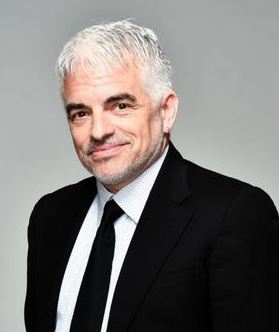
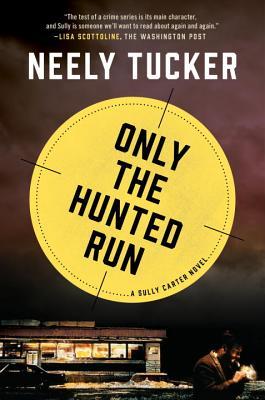




 Book you're an evangelist for:
Book you're an evangelist for: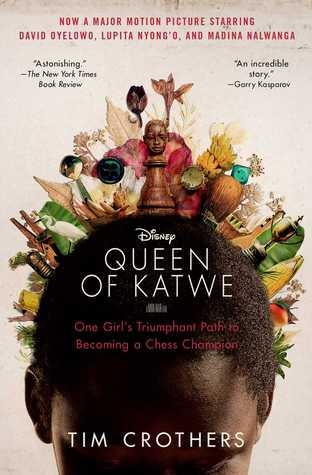 Phiona Mutesi was born in 1996 in Katwe, the largest slum in Uganda's capital, Kampala. Her father died of AIDS when she was three, and when she was nine, Phiona dropped out of school when her family could no longer afford to send her. One day in 2005, while searching for food, Phiona met Robert Katende, a missionary who discovered and nurtured Phiona's unexpected talent for chess. She ascended the ranks of her country's chess championships until she was competing on Uganda's national team in the World Chess Olympiads. Phiona is now a Woman Candidate Master, the first titled female in Uganda's history.
Phiona Mutesi was born in 1996 in Katwe, the largest slum in Uganda's capital, Kampala. Her father died of AIDS when she was three, and when she was nine, Phiona dropped out of school when her family could no longer afford to send her. One day in 2005, while searching for food, Phiona met Robert Katende, a missionary who discovered and nurtured Phiona's unexpected talent for chess. She ascended the ranks of her country's chess championships until she was competing on Uganda's national team in the World Chess Olympiads. Phiona is now a Woman Candidate Master, the first titled female in Uganda's history.